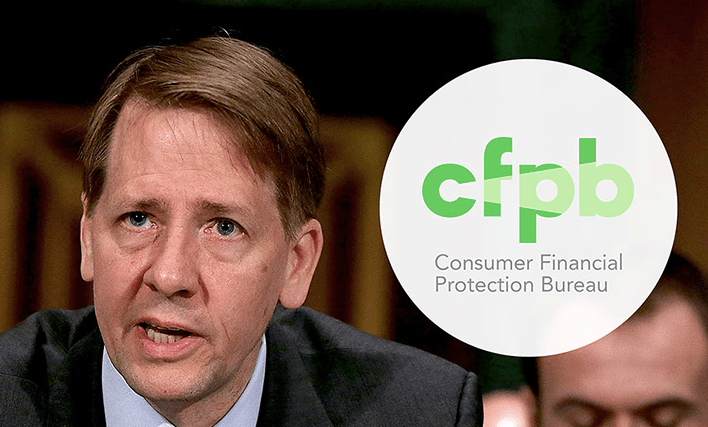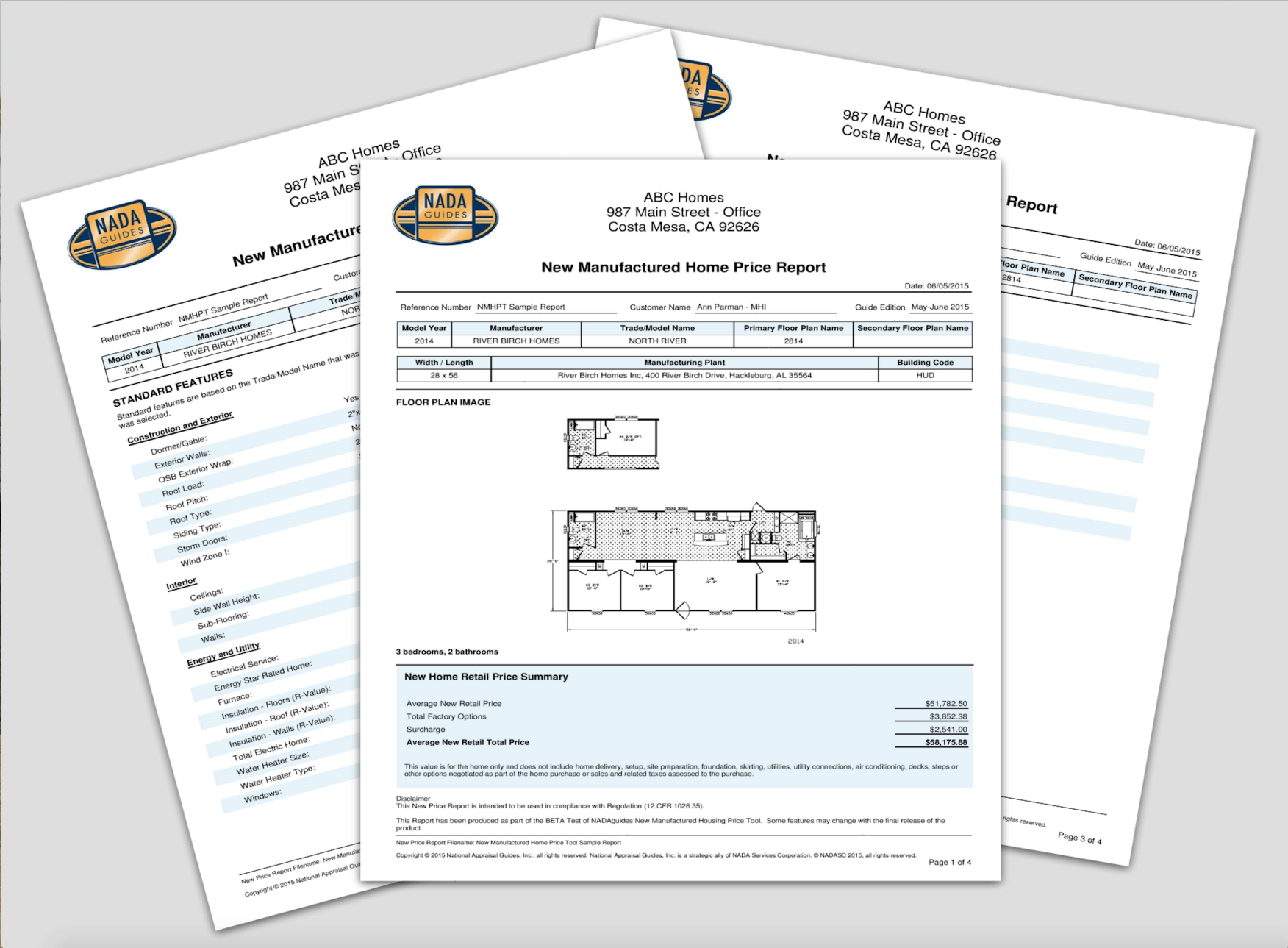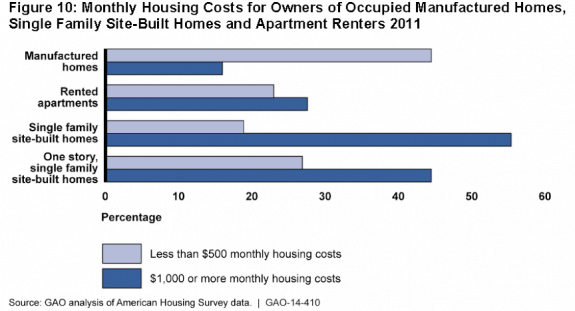by L. A. ‘Tony’ Kovach

Twelve countries make up OPEC – the Organization of Petroleum Exporting Countries.
Wikipedia says:
-
Algeria,
-
Angola,
-
Ecuador,
-
Iran,
-
Iraq,
-
Kuwait,
-
Libya,
-
Nigeria,
-
Qatar,
-
Saudi Arabia,
-
the United Arab Emirates, and
-
Venezuela make up OPEC.
Because of hydraulic fracturing (“fracking”), deep water and other oil and gas related technologies have transformed the ability of the U.S. and Canada to tap into more of our own domestic energy. The Augusta Free Press reported that that the U.S. has a 250 year supply of recoverable domestic energy in coal. Daily Markets says that we have 200 years supply of oil. The U.S. Potential Gas Committee says the nation has about a 40 year supply or recoverable gas, but others put the estimate much higher, as in centuries.
Here below is a sampling of articles and stories linked below that demonstrate the potential for factory-built housing. We’ll begin with what may be technically the most important, by Dr. Harold Hunt. His report and attached power point reflects the incredible reserves the U.S. can tap and their locations.
-
Shale of the Century, by Dr. Harold Hunt
Here are a sample of some recent articles from the MHProNews Daily Business News department related to factory built housing connected to energy sector jobs:
-
A $400 million dollar modular development has been announced near Minot, ND.
-
MHC planned in Texas
-
Greenstar Expands in Idaho
-
Indian Tribe Develops Community
-
Modular Builder entering energy fray
-
Texas Needs Man Camps
Besides projects such as those noted, we also know that the U.S. will need 20 million homes by 2030. All of these spell opportunities for North American factory-built housing professionals and businesses.
These stories demonstrate that promoting the energy industry benefits the factory-built housing industry too. That’s a large opportunity. The obstacles for making this a reality can be described as largely political.
Perhaps the easiest way to demonstrate the obstacles are the following video clips of Barack Obama, his energy secretary and Joe Biden.
Obama Wanted Higher Gas Prices ”Gradually” (2008 Election Campaign)
Gas prices have in fact risen during the Obama years from an average of $1.84 a gallon to $3.85 a gallon. But for those who may still question the meaning of the campaign statement from 4 years ago, the Obama Administration’s Energy Secretary Chu is on record favoring $8 to $9 a gallon gas. In an election year (2012) turnaround form that position, Chu explains on this video before a Senate hearing that he ‘no longer shares that view’ because of the adverse economic impact.
But higher fuel prices has been the policy that was in place.
Energy Secretary Chu with Election Year Turn Around on $8 Gas Policy
Coal production fuels about half or our nation’s electricity. Here are some videos on that topic, below.
Obama says building new Coal Plants would go bankrupt under his policy
Joe Biden saying, No Coal Plants here in America
This isn’t just about ‘new’ coal plants, but also about existing ones. The Daily Caller reported that over 200 existing coal-fired electric plants are slated for shut down, due to the Obama Administration’s EPA regulations. This represents 11% of electricity produced by coal, which supplies about half of all U.S. electric power.
That explains why President Obama has said the cost of electricity will rise.
Whatever the motivation of the president and his administration, the reality is that his policies have and would continue to cost the U.S. millions of jobs and trillions of dollars.
The Census Bureau reports that oil imports through July totaled 1,848,165 barrels. The Federation of American Scientists says this costs the U.S. $327 billion dollars in 2011. So every 3 years, we are sending roughly 1 trillion dollars to OPEC and other nations. Isn’t it obvious that keeping that money in the U.S. and Canada is a superior option for our countries?
Energy costs are woven into almost everything that North Americans buy. The higher the cost of energy, the more the costs of food, goods and services that are transported and consume energy.
Factory built housing is shipped, which uses oil. Factory building uses electricity and sometimes gas for heating. So there are obviously energy costs woven into every factory built home too.
Let’s consider OPEC’s motive simply to profit from selling oil to the U.S.. Do some of its members have other motives? Do some support anti-American agendas or terrorism? Of course.
From the vantage point of the Saudis – or most any other – OPEC nation, if you want to keep oil flowing to the United States, then you de facto favor Barack Obama and his policies. So when gas hits around $4 a gallon as a national average, we tend to see it ease back, because the Saudis and others will pump more to ship more and keep the price lower.
The cost of natural gas has dropped 80% in recent years, as a result of the domestic boom in fracking. While the same level of drop may not occur for oil, as U.S. production grows, $2.50 gas is conceivable. That savings would translate into lower costs for products and services, with more disposable income for savings, investing, purchasing a home or other options.
It’s obvious that North American energy independence creates more jobs, boosts income and the economy by keeping money at home instead of it flowing into the hands of OPEC or other oil producing nations.
But a less visible narrative is that energy independence for the U.S. makes us safer and more secure from wars, terrorism and energy blackmail.
Iran’s people have historically been pro-Western and U.S.. Iran’s Islamic leadership is not. So Iran’s government has threatened blocking the Straights of Hormuz, through which Business Insider and others report that 35% of the world’s oil production is shipped. If Iran or any other nation blocked the flow of oil out of the Persian Gulf, the result would be a rapid slide into global recession or even depression.
As recent attacks on U.S. Embassies and other incidents have proven, the Middle East is a powder keg for many cultural, religious, political and economic reasons. The U.S. is arguably better off by using its own domestic energy supply, to keep clear of the kind of infighting that has racked Syria, Iraq, Sudan and other nations.
Factory built housing has proven to have a unique ability to tap into opportunities to rapidly provide quality homes at more affordable prices. Growing domestic energy production is a proven path ahead. North Dakota has an unemployment rate that hovers around 3% vs. the 8.2% national average, according to the Bureau of Labor Statistics.
Who sits in control of the White House and Congress in 2013 will make a difference.
The Romney plan, as reported by Newsy.
As Barack Obama has often said, the Republicans want to drill, drill, drill. Of course. That is how you tap the energy, create the jobs, drive the profits – and put more money into the federal budget from taxes, leasing and other related revenues. Either we will drill, or others – like OPEC – will drill. Either we use our North American energy, or we will use foreign energy.
Oil field workers can make as much as 6 figures a year with a high school degree. Oil leases and taxes would drive more money into federal and state treasuries.
So if Mitt and the Republicans Win, OPEC loses. If Obama wins, OPEC wins. It is just that clear cut.
Mitt Romney and Republicans winning on November 6 would result in more high paying U.S. jobs. This is a clear win for our economy and our industry. Our federal deficit and oil imports both fall. It really is just that simple. ##























